Episode 65: Board Meetings | Five Minute Fingers
It's been a while since Nate and I sat down and did one of these, so we figured we'd kick it back off with a shorty. The interwebs are going crazy with Andrew Bisharat's new miracle hangboard program, "Five Minute Fingers," and we've gotten several messages asking for our opinion.
Well, here it is.
Like what you hear? Subscribe to The Power Company Podcast on ITunes, Google Play, or Stitcher Radio, and leave a rating and review!
FULL EPISODE TRANSCRIPT:
Kris Hampton 00:31
What's up everybody? I'm your host Kris Hampton.
Nate Drolet 00:35
And this is Nathan Drolet.
Kris Hampton 00:36
And we are here today to discuss a recent post on Evening Sends by Andrew Bisherat that's kind of been getting some, some airplay lately. The Reddit people went crazy as the Reddit people do. And I've actually gotten several emails from listeners, fans, clients, friends, what do you think about Five Minute Fingers? And rather than copy and paste, which seems rude, or, you know, type it out to every single person, I figured we might as well just have a conversation about it because we're sitting here in Montana between workshops and nothing else to do but argue about shit, so why not?
Nate Drolet 01:19
Yeah, argue and eat a lot of food.
Kris Hampton 01:22
So yeah, food. There's food simmering right now. So we're gonna cut this short soon as the tikka masala is done. Anyways. We both just reread it, so what are your initial thoughts on the Five Minute Fingers program?
Nate Drolet 01:38
You know, I think I think for certain people, it's definitely, it's good. Like, I I think there's a need out there for workouts that get done, I guess is one way of putting it. Like there are a lot of programs or a lot of workouts, I think this is more of a workout and not so much a program. But yeah, like there are a lot of workouts out there that are great on paper. They are, you know, you could even say like, Oh, that's a perfect workout for this. But sometimes we kind of pay a little too much attention to perfect and we stop paying attention to what we'll actually do.
Kris Hampton 02:14
Yeah, a lot of them stay on paper, and they never actually get into the real world.
Nate Drolet 02:18
Exactly. Yeah. Yeah. So I think this is one of those things where it's, it's a realistic workout it. I mean, if you're the right person like this is going to be beneficial for you. I like that he has kettlebell swings in there. I think a hinge pattern is great for pretty much everyone. I mean, it's why we like deadlifting. But you just need a kettlebell for it. So yeah, that's kind of my initial thoughts. What are your thoughts?
Kris Hampton 02:42
Well, first off, who are the people you think it would be beneficial for?
Nate Drolet 02:47
For me, it'd be people who are kind of on a time crunch. We're not all fortunate enough to live near a climbing gym. So I mean, I know plenty of people who they have to drive hour and a half, two hours to get to a climbing gym. And so that they may only get into a gym once, maybe twice a week. So if people like that this is perfect, like, and people like that, who also have life responsibilities. Like if you have a kid that you're like, let's say you have a toddler or something that you have to look after. And you can just kind of sneak away for 10 minutes here, 10 minutes there. You don't have time for a two hour long hangboard workout or something like that. This is nice, you can just like kind of step off, go do some kettlebell swings, do some hangs. Yeah. And I mean, for people who haven't done a lot of hangboarding in the past, man, something is better than nothing.
Kris Hampton 03:32
Yep, I think that's kind of my, my general thoughts on it as well, though I'm definitely going to take a more cynical, skeptical approach to it. I do think it's good for people who are really low on time. And I think that if you're even more so, I think that if you're not doing anything, then you're right, something is better than nothing. However, because I've tried to experiment with my own, how short can I make an effective hangboard workout? I don't think it's going to, for people who are already doing something, I think that this is just more of not much. Like I don't think a climber who spends some time in the gym every week is going to get a whole lot out of it. Simply because there's really not enough time in it to warm up to a hang that's going to be really effective to build your finger strength. I think you'll get more out of 30 minutes of bouldering than you would out of this hangboard workout. So if you have that sort of time. Obviously, a lot of people do or gyms wouldn't be so fucking busy all the time.
Nate Drolet 04:49
Yeah,
Kris Hampton 04:49
Because they are. So I think people could be far more effective in their time in the gym and not have to do this kind of hangboard workout. For those who are uninitiated Bisherat's proposing the the Five Minute Fingers plan is sort of based on Pavel Tsatsouline's Grease The Groove Method, which, which Pavel didn't invent, he just gave it a name. You know, there had been some research into that sort of neurological training previously. And that's also one of my sort of beefs with this program is that the, the Grease The Groove Method seems to work best when it's not an isometric, when it's a pattern, you know, an actual movement and it works because you get more and more comfortable, your body learns that movement better and better and better. And I'm not so sure that it works as well with finger strength, partially because you can't warm up enough to a difficult hang to get the neurological benefits.
Nate Drolet 06:02
Yeah and if you're taking a lot of time in between, you may not stay as warm.
Kris Hampton 06:06
Right. Yeah. And just to, you know, my own my own experiments with this years ago, where I would get up in the morning, and I would try to do these really short hangboard workouts, much like, what, what's in Bisherat's, Five Minute Fingers, and then I would climb in the evening, and I would come back home after climbing and I could hang for considerably longer, or with considerably more weight, you know, more than double the amount of weight and more than double the amount of time at that point, then I could that morning when I was doing my hangboard workout. So was I getting even, I don't even know that I was getting 50% of my max. And if you're not even getting to 50% are you doing enough to get that neurological benefit that Grease The Groove sort of works on? I'm not so sure you are.
Nate Drolet 07:01
Yeah, um, I've had kind of some experience with doing early morning hangboard workouts as well.
Kris Hampton 07:08
Yep.
Nate Drolet 07:08
And one thing I realized that kind of made me stuck, because there was a while where I was doing some two-a-days where I'd wake up early hangboard and this is something that Dave MacLeod used to talk about alot like, he definitely, I think brought this idea around more so
Kris Hampton 07:22
The first time I heard it as well was from Dave MacLeod, this whole idea of Greasing The Groove with hangboarding.
Kris Hampton 07:27
Yeah, just do it often, but not too intensely. And yeah, just like kind of get your fingers moving. But I would wake up, do a hangboard workout early in the morning. And then, like after work, I would go and climb. And I was like, Okay, cool. I'll get my fingers worked out in the morning, my session will be short in the afternoon. This is great. And then the first time I woke up early and went for a run before that and like got basically just got like super warm. I mean, the difference was massive. Like what I could hang just because I was like really, really warm.
Kris Hampton 08:02
Right.
Nate Drolet 08:03
And it was just like, man, like I have to be really warm to be able to hang like really hard stuff. Like I just can't, even if I was trying to do pull ups, if I was like moving around, it was really hard for me to get exactly like what you're saying, warm enough to like, do some hard work.
Kris Hampton 08:17
Yep. Were you warming up your fingers, after that run?
Nate Drolet 08:20
Oh, yes. Yeah. So still, like go through, like hang on progressively worse holds, do pull ups, all these different things. But I think it was just a matter of like everything had a chance to warm up and kind of get going.
Kris Hampton 08:30
Yeah. How long did that warm up take you, do you think? To get ready to, you know, do a 75% hang or 80%?
Nate Drolet 08:41
If I was, like without a run? Or
Kris Hampton 08:44
With a run
Nate Drolet 08:44
With run? With a run, I'd say after that maybe like 10-15 minutes, if that.
Kris Hampton 08:50
Okay
Nate Drolet 08:50
Something like that. I feel like I warm up a little bit slower than others sometimes. But I will say this. So one thing I think that this could be beneficial for, is for people trying to learn new grips.
Kris Hampton 09:05
Oh, sure. Yeah, I can see that.
Nate Drolet 09:07
Because for a lot like for a lot of people
Kris Hampton 09:08
Like who aren't comfortable in an open hand or or have trouble with pockets
Nate Drolet 09:11
Yeah, whatever. For a lot of people it's, I feel like it's not even as much strength initially. It's just that, you know, I've closed crimped 1,000, you know, 10,000 times, but I've never grabbed something as a half crimp, a half crimp is just gonna feel weird. Like, it's not so much that like I don't have strength in this position. It's just that you naturally want to be open, like an open drag or a closed crimp. Sometimes you just have to log some hours in that half crimp position.
Kris Hampton 09:17
Totally, totally. I hadn't thought about that. That's a good idea. And, and yeah, I definitely agree that that's, that could be one of the best uses of this plan, or this workout that I've heard.
Nate Drolet 09:51
Yeah. And for me, like, that was kind of the first thing that I thought of with this because whenever I'm trying a new grip, like if I'm like, okay, I want to start working on monos or just really specific grip types I've always leaned more towards, or I've found that I get a lot more benefit out of volume over intensity with like these new grips.
Kris Hampton 10:10
Yep, totally,
Nate Drolet 10:11
And then slowly transitioned into intensity. So I think for that this could be really great.
Kris Hampton 10:15
Yeah, I agree with that. Totally. I hadn't even thought about it. One of the one of the beefs I had with this and I've already harped on the warm up a little bit, but he doesn't mention any kind of finger warm up at all. It's just, you know, air squats, some band works and pull ups and jump right into the the finger training. And I know damn good and well, and I know every single person listening to this doesn't think that they can hold a small hold the minute they start pulling, you know. They have, your fingers have to get warmed up. There's just no way around it.
Nate Drolet 10:53
He does say in it to use progressively worse, like, start with an easy hold and use progressively worse holds for the next two sets.
Kris Hampton 10:58
Right.
Nate Drolet 10:58
But still, I mean, that means that maybe only your last set that you're actually using a hold that's moderately bad, if that.
Kris Hampton 11:06
Right, yeah, exactly. So are you really just getting the benefit of one set, you know, instead of the three that he's proposing, and with the, you know, I think it breaks down to, and I'm going from memory here, two to three workouts per day. Two to three sets of five hangs.
Nate Drolet 11:25
Yes.
Kris Hampton 11:25
Per workout.
Nate Drolet 11:26
Yep. Of 10 seconds on 5 seconds off,
Kris Hampton 11:28
Right. So I mean, what is that at its most. That's nine, nine sets per day of five hangs? Is that right? No of 15 hangs, nine sets of 15 hags. So that's like 150 hangs roughly in a day max. That's like, if you're hanging at 50% say, for most of those hangs, that's like doing one Red River Gorge 5.11. You know, so is that really enough to boost any finger strength? I don't know. I like your idea that it's for getting comfortable. I don't know that you're getting any finger strength out of it.
Nate Drolet 12:07
Yeah, I don't know. Um, that's hard saying without like...so if you were to rewrite this and come up with your own thing, let's say you have 10 minutes, you've got the equipment was a kettlebell, a hangboard and
Kris Hampton 12:26
If you got 10 minutes, you should just watch climbing videos.
Nate Drolet 12:30
Eat donuts.
Kris Hampton 12:32
Um, boy, 10 minutes, I don't
Nate Drolet 12:35
10 minutes plus, let's say five minutes of any kind of warm up you want.
Kris Hampton 12:39
Okay. Yeah, if I were, if I were going to do a 10 minute hangboard workout, I would warm up my shoulders, I would warm up my fingers, in those in that five minute warm up that you've got. I would spend some time progressively hanging on worse holds, I would get my shoulders engaged. Get my core ready to work hard. And then I would do more of a hard-style hang. I think if you were going, if you couldn't hang on really bad hold yet, say around your 85% or something like that, then I would go Hardstyle hangs. I know he's got a photo in the in the blog of someone hanging with their legs crossed and you know bent at the knees. And I think if you can hang in a hollow position and give maximum effort instead of just hang for that time, like doing nothing else but just hanging with your shoulders engaged, I think you're gonna get a lot more out of it similar to a Hardstyle plank or something like that. And and I like the kettlebells as well though, honestly, I think you could get the same benefit out of not doing the hangs and just doing the kettlebells. I think I think this plan has much more benefit from the kettlebells than it does from the hangs because he suggests heavy kettlebells which I like. But then there's no way the hangs can be that that heavy or that difficult. Okay, so that's where I would go. Where do you think you would go?
Nate Drolet 14:21
Oh, that's tough. Um, so I'd say for warm up, I would I know this is cheating but I add a second kettlebell. Because I have two kettlebells. So I can do that. A warm up I like a lot is I'll just go through a complex of do a Turkish get up, like and this summer I had access to a lot of kettlebells, so I just start with a light one. Do a Turkish get up on each arm, do 10 swings, do 5 goblet, like prying goblet, squats. So goblet squat to the bottom, open up the hips, stand up. Do that one circuit then go to a larger bell and I would do that with five like keep going up until I'm using a fairly heavy bell. I typically like, probably like four sets, something like that, and that I can do in probably like, seven minutes, something like that. And I could even add, I would add with those, edge pull ups.
Kris Hampton 15:10
Yeah, good idea.
Nate Drolet 15:11
Because for me, like pull ups get me warm for sure but pull ups on edges for sure like get my hands and whole upper body like really warm. Also, I think there's definitely some benefit to edge pull ups because just the pulsing that happens at the bottom of a pull up, where you have to, you know, it's a little extra weight that goes on your fingers.
Kris Hampton 15:28
Yeah, totally.
Nate Drolet 15:29
So I do that for a warm up. And then honestly, I'd probably stick with, I don't know if I was going to do swings, maybe.
Kris Hampton 15:41
I think that's what I didn't clarify in mine as well. I would just take the swings out if I were going for finger strength.
Nate Drolet 15:45
Oh, and just do finger strength.
Kris Hampton 15:46
Yeah, if I had 10 minutes, and I was just going for finger strength, I wouldn't do the swings.
Nate Drolet 15:50
Yeah, fair enough. I'd probably do, I don't know, I'd probably pick two grips, make them kind of hard, like, do like half crimp and then open hand and alternate between the two, maybe every minute on the minute, something like that, just like 10 seconds on. And then you're pretty much getting a two minute rest, between each one. You'll do a total of like 10 hangs, five in open, five in half. It's not perfect. But I think that would be decent. You could probably even just do it on like as edge pull ups. Like once again, this isn't like, this isn't what I would consider perfect. But if you were going to do if you try and get something in and like have it be maintenance, I think that would get some stuff done. You'd get a lot of swings in. I mean, what if you did like four sets of 10 swings, so you'd get like 40 swings in. 4 Turkish get ups on each side, 20 prying goblet squats, that's a lot of hip opener, that's shoulder warm up, that's your hinge pattern. And then you get a pull motion from doing some big pull ups.
Kris Hampton 16:45
Yeah the edge pull ups
Nate Drolet 16:45
Yeah. And kind of like the pulsing that happens at the bottom of a pull up, you know, you get a little extra taxing on the fingers. You know, I don't think it'd be perfect, but if you're just trying to do some maintenance, like if you had a really busy schedule, let's say it's like, Okay, my next month, I'm just slammed. I'm not gonna have time to get to the gym, or, you know, I only have 20 minutes to do a workout twice a week, yeah, sure.
Kris Hampton 17:07
Yep. And I think that if you're, like, if you're getting to a point where you can do some hard hangs, I like your longer rests. You know, he does mention in the article that Maisch talked him into going to a five second rest versus a three second rest, I think. And he does that for the sake of ATP regeneration. And it takes about three minutes for the ATP system to completely regenerate in most folks. So if you're really taxing that system, which I'm not so sure you are in these hangs that Bisherat lays out, then then you need that longer rest to really regenerate and really give a high quality effort the next time so I like that longer rest. I like that set up.
Nate Drolet 18:00
Yeah man as far as like 3 to 5 seconds too, five is just nice. Three feels so rushed.
Kris Hampton 18:06
Yeah, it does for sure.
Nate Drolet 18:08
Man living in the South for so long, like you can't chalk your hands in three seconds. You can barely do it in five. Like I just like paint my pants in chalk, so I can just like drop my hands and slap my thighs real quick while they are covered in chalk and then like pull back on controlled. Otherwise, it just feels a little rushed.
Kris Hampton 18:24
I'll say liquid chalk.
Nate Drolet 18:25
Liquid chalk.
Kris Hampton 18:25
Which which you have a tube of coming.
Nate Drolet 18:27
I now have a tube. Because of this, I posted
Kris Hampton 18:31
You were one of the first people who posted
Kris Hampton 18:32
Yes. Yeah, so I guess I didn't ask you. Who do you think? Are there any people that you think this would really benefit that we haven't mentioned?
Kris Hampton 18:47
You know, I hadn't...not that we haven't mentioned. I don't. I don't have anyone in my head immediately. I hadn't thought of your idea. And now that's my favorite idea that
Nate Drolet 19:00
The weak grips.
Kris Hampton 19:01
Yeah, that we would use it for somebody who doesn't understand how to climb in a half crimp or in an open hand or, you know, just doesn't like two finger pockets or something like that. If they're strong enough to use the grip, but just aren't comfortable with it. You know, like maybe I need to put my fucking pinkies on hangboard and do the Five Minute Fingers. Yeah, even though I hangboard with pinkies, I can't climb with fucking pinkies. Fuck pinkies man. Anyway, yeah, I don't have anybody different than what we've already talked about.
Nate Drolet 19:33
Who do you think this would be worst for?
Kris Hampton 19:35
I think if you already have good finger strength, and you're addicted to it and feel like you have to have more, this is not a fucking magic pill. Like, oh yay, Five Minute Fingers! I can get stronger in five minutes. You're not going to if you already have good finger strength. This isn't going to do a motherfucking thing for you. That's my thought. How about you?
Nate Drolet 20:01
Who would it be worst for? I'd say it would be worst for people who I mean, this is like kind of an extreme like or to say worst, like, it's kind of an absolute. But I think anyone who does have the time, if you could even get into the gym for 45 minutes, and you can be climbing instead, man use that time, like you can do a ton in 45 minutes.
Kris Hampton 20:22
So much.
Nate Drolet 20:23
So yeah,
Kris Hampton 20:25
So you could buy our Applied Body Tension ebook and go through your whole warmup circuit.
Nate Drolet 20:31
Oh, yeah, do it for the next two years. Yeah, so I think that would be the biggest thing I'd warn against is, if you have the time to climb, even if it's less than an hour.
Kris Hampton 20:42
And if you have the time to do a hangboard workout.
Nate Drolet 20:44
Yeah and warm up properly.
Kris Hampton 20:44
Yeah, well, if you need finger strength, then you have the time to do a longer, more intense hangboard workout where you can spend a lot of time warming up, even if your hangs aren't long, even if the actual hangboard workout isn't that long. If you can warm up into a really hard hang, or a series of difficult hangs, then you're far better off.
Kris Hampton 21:06
Totally.
Kris Hampton 21:07
And he says that. He qualifies it with, you know, this is for folks who have very little time and sit at a desk all day and can't get to the gym or whatever. So, so he does make those qualifiers which I appreciate seeing there.
Nate Drolet 21:19
Yeah, I think for there's there's a narrow group of people that this is really beneficial for. Whether or not they'll actually do it, who knows? I think most people, like I said earlier, like they prefer to not they prefer to try something that's perfect that unfortunately, like might be a little too hard for them to stick with, rather than trying the things that are almost too easy that like kind of guarantee success.
Kris Hampton 21:43
Yeah.
Nate Drolet 21:43
As odd as that is.
Kris Hampton 21:44
Yeah, totally. I think you're right. You got anything else to say about it?
Nate Drolet 21:51
No. Other than thanks to Andrew for putting that out. I think he like definitely like, yeah, looked into it. And like, I think for some people, it's useful. So it's nice to have other options out there that aren't just these giant, daunting ideas or workouts or programs that just scare people off.
Kris Hampton 22:07
Yeah, totally. And I like what he's doing over there. You know, he's experimenting with his own training, and he's bounced back and forth between a few things. And I definitely started out that way. So it's, you know, it's nice to see him posting about this stuff and getting people stoked because he's got a good platform over there. So thanks, Andrew. We appreciate it. And you can find Andrew at eveningsends.com and if you haven't read the Five Minute Fingers article, it's definitely worth going and checking out over there. You can find us on Facebook, the Instagram and the Pinterest at Power Company Climbing. You can find it at powercompanyclimbing.com. You will not find us on the Twitter machine. Because we don't tweet, we scream like eagles.

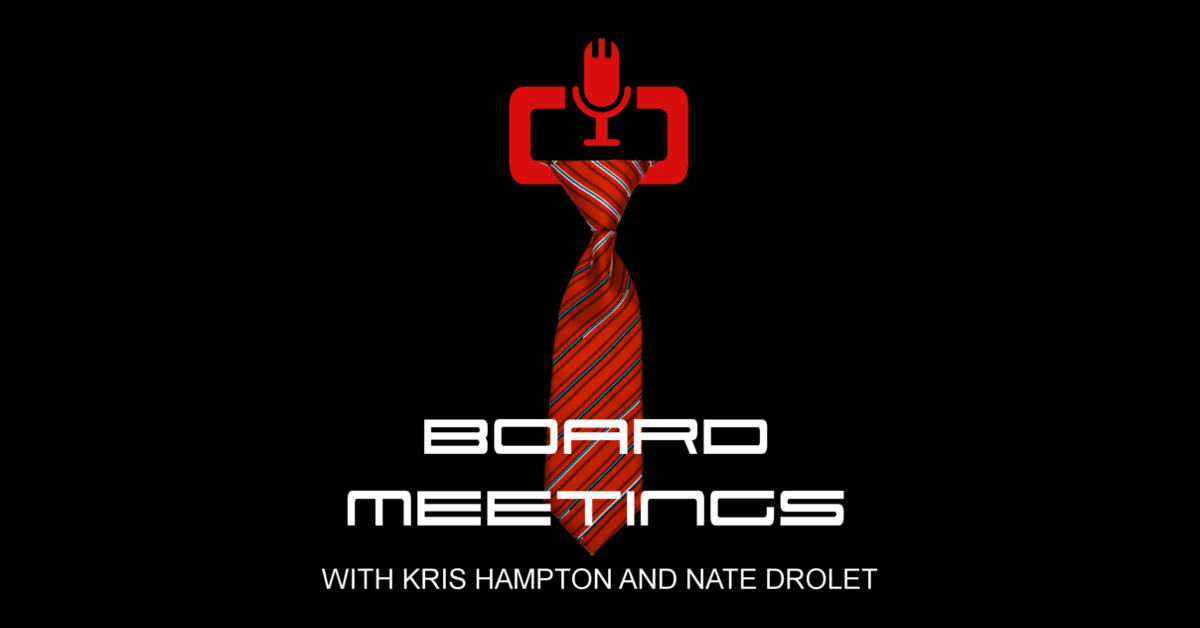




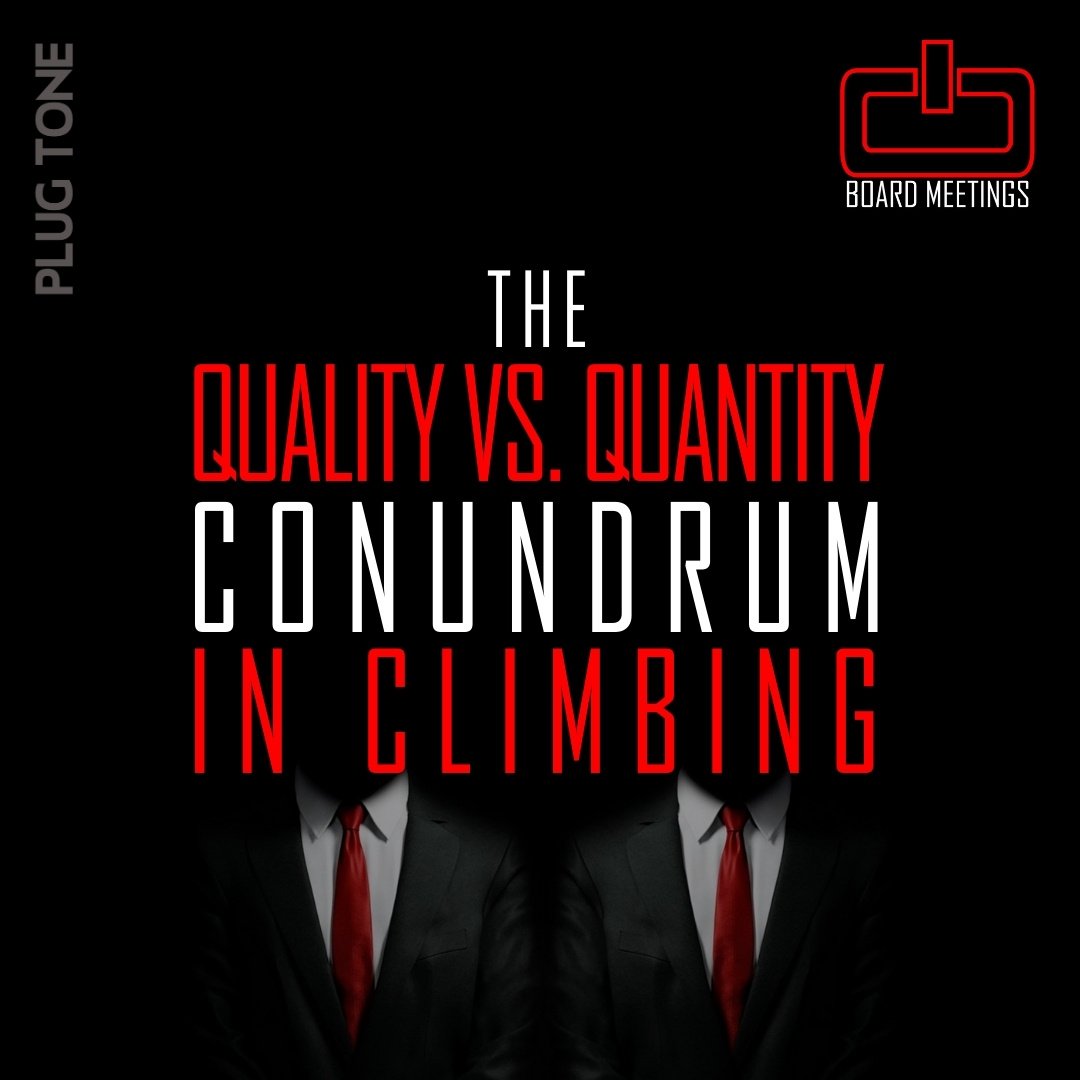

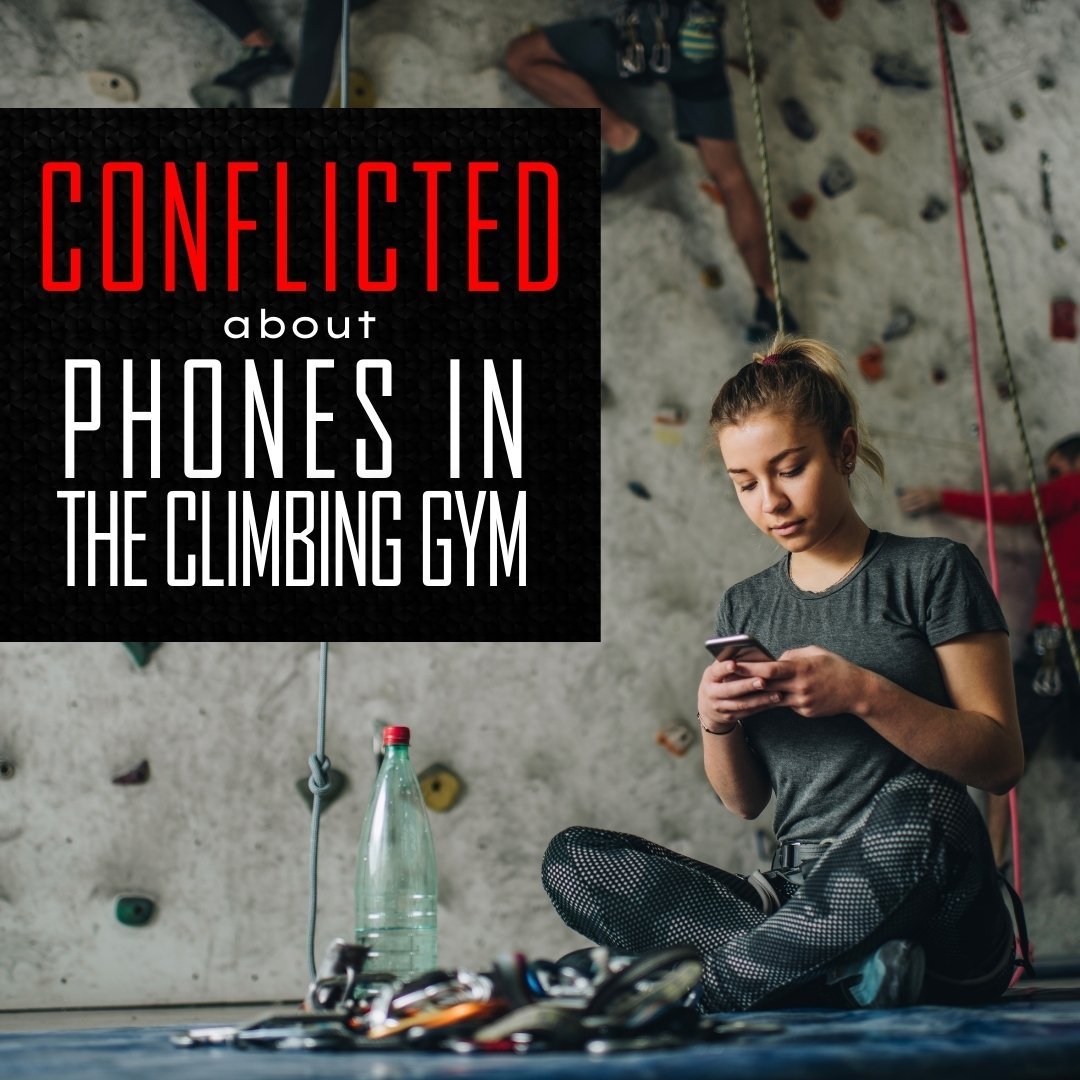
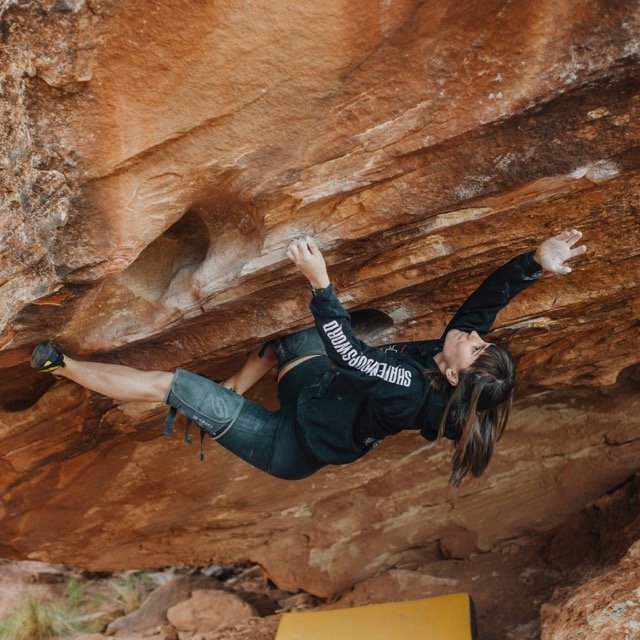

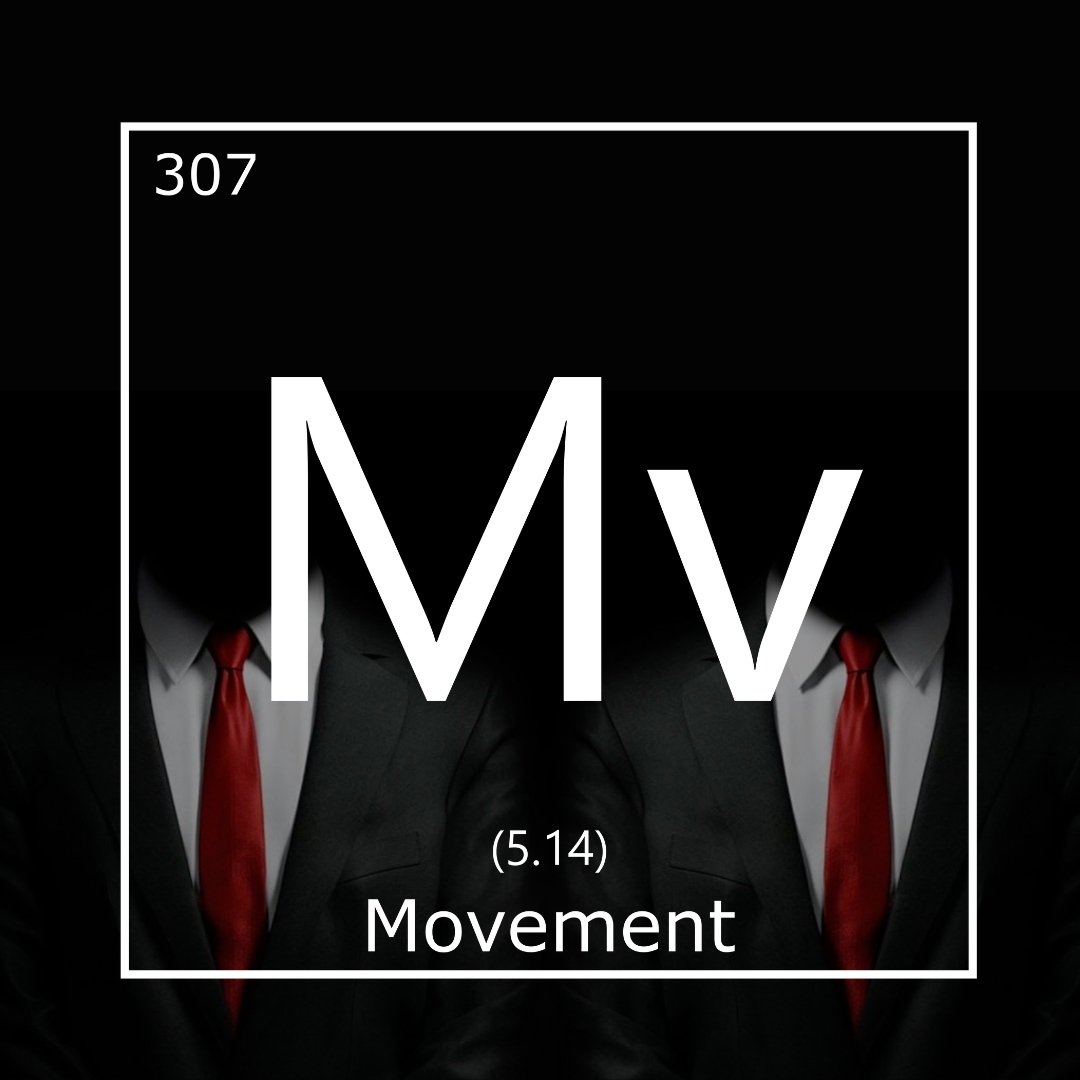
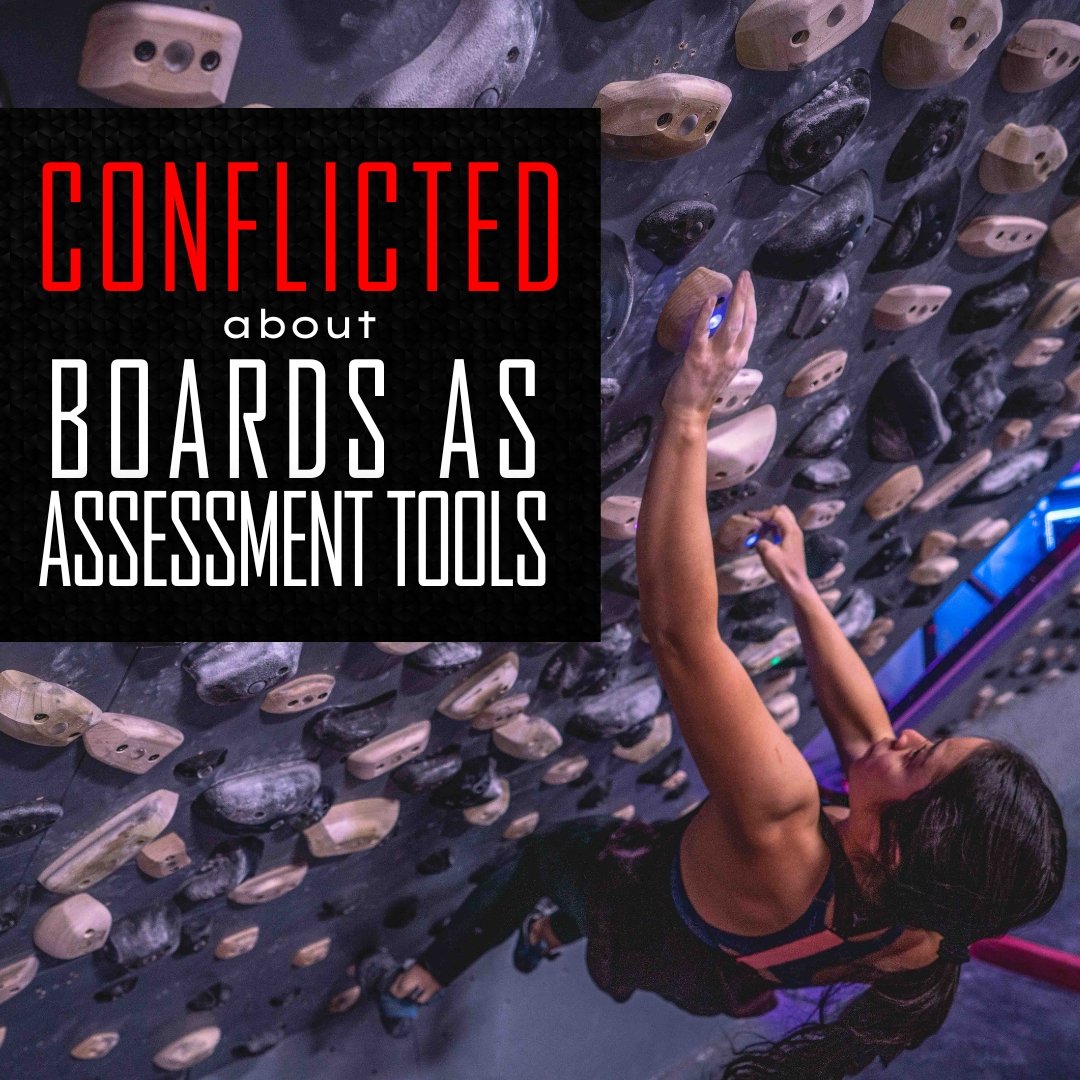
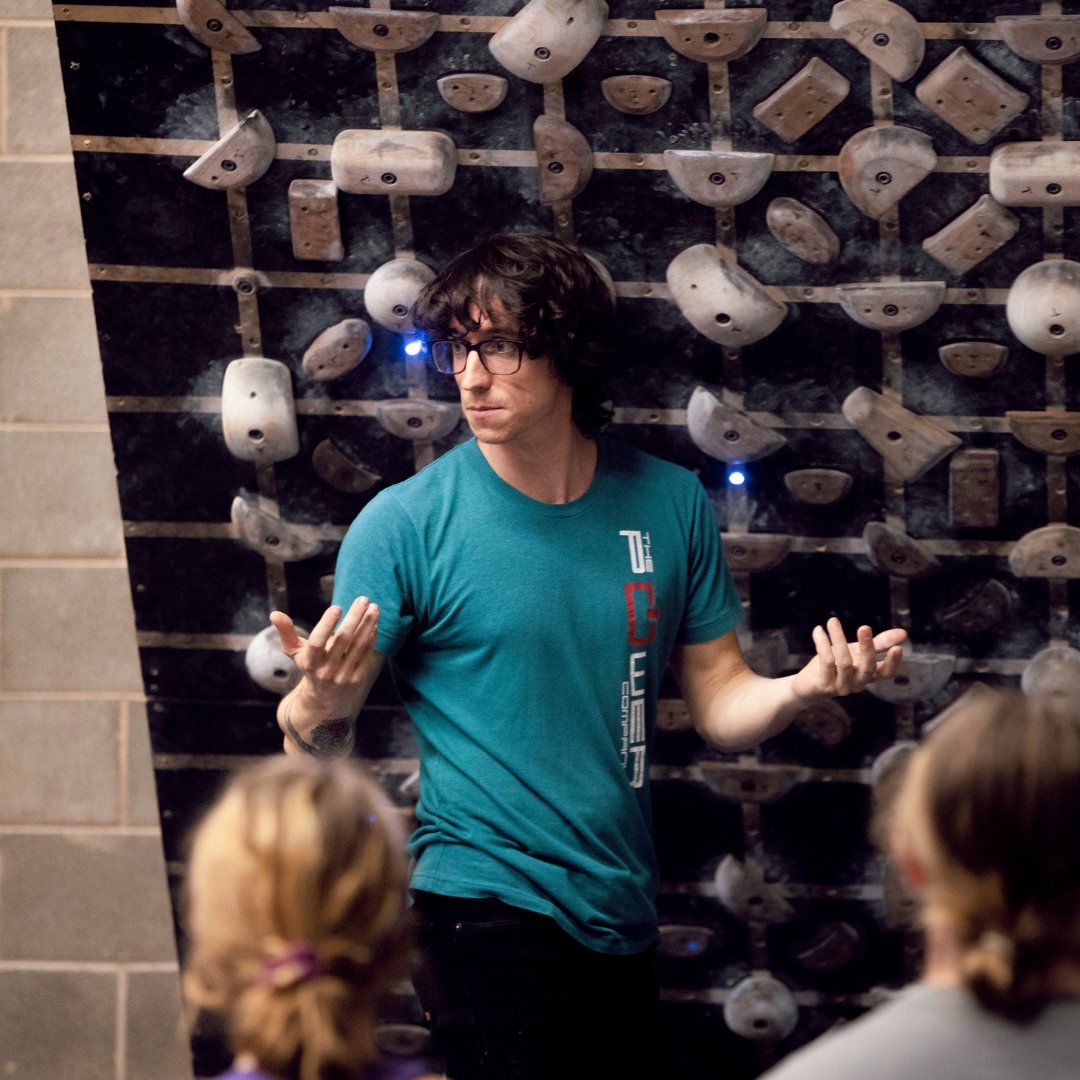
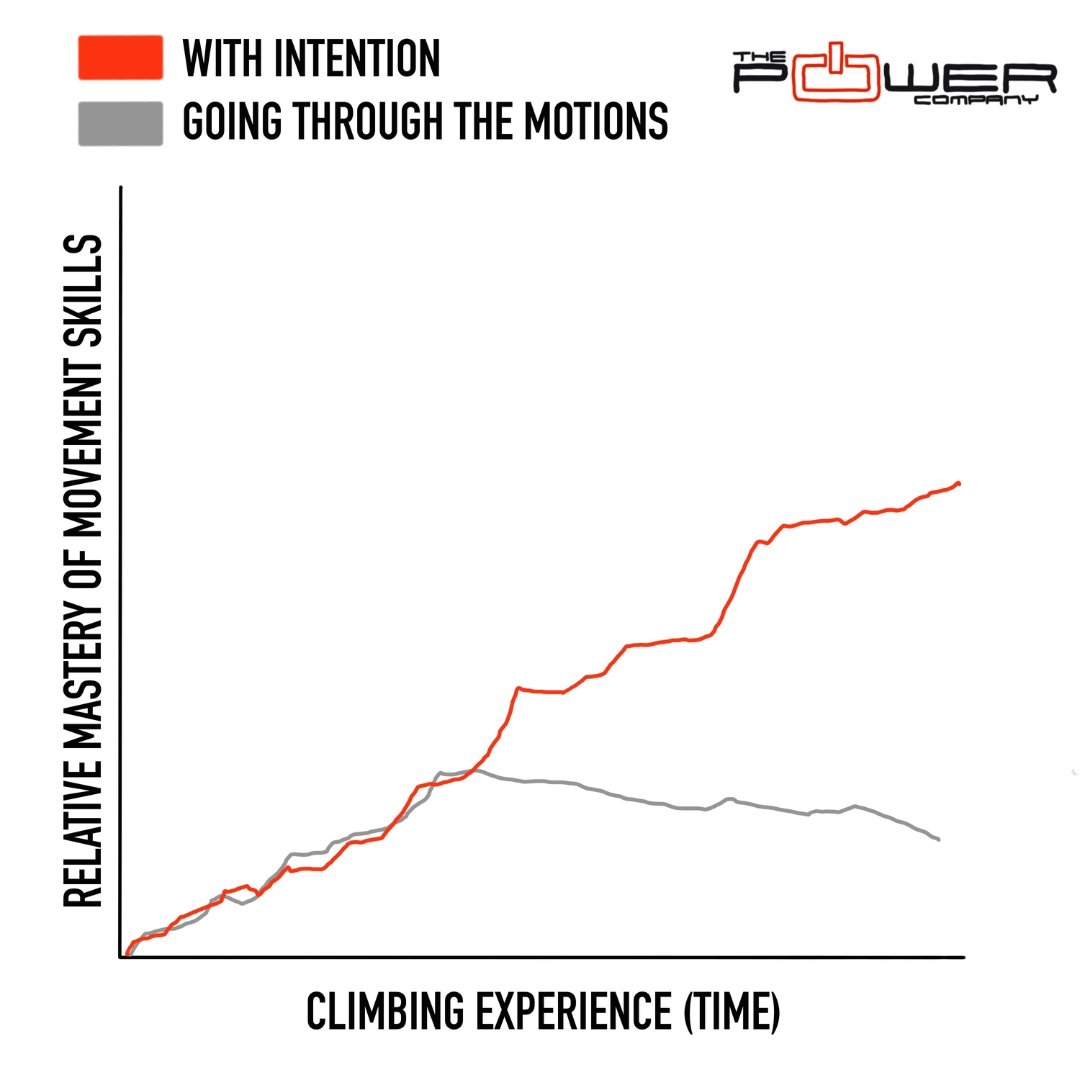




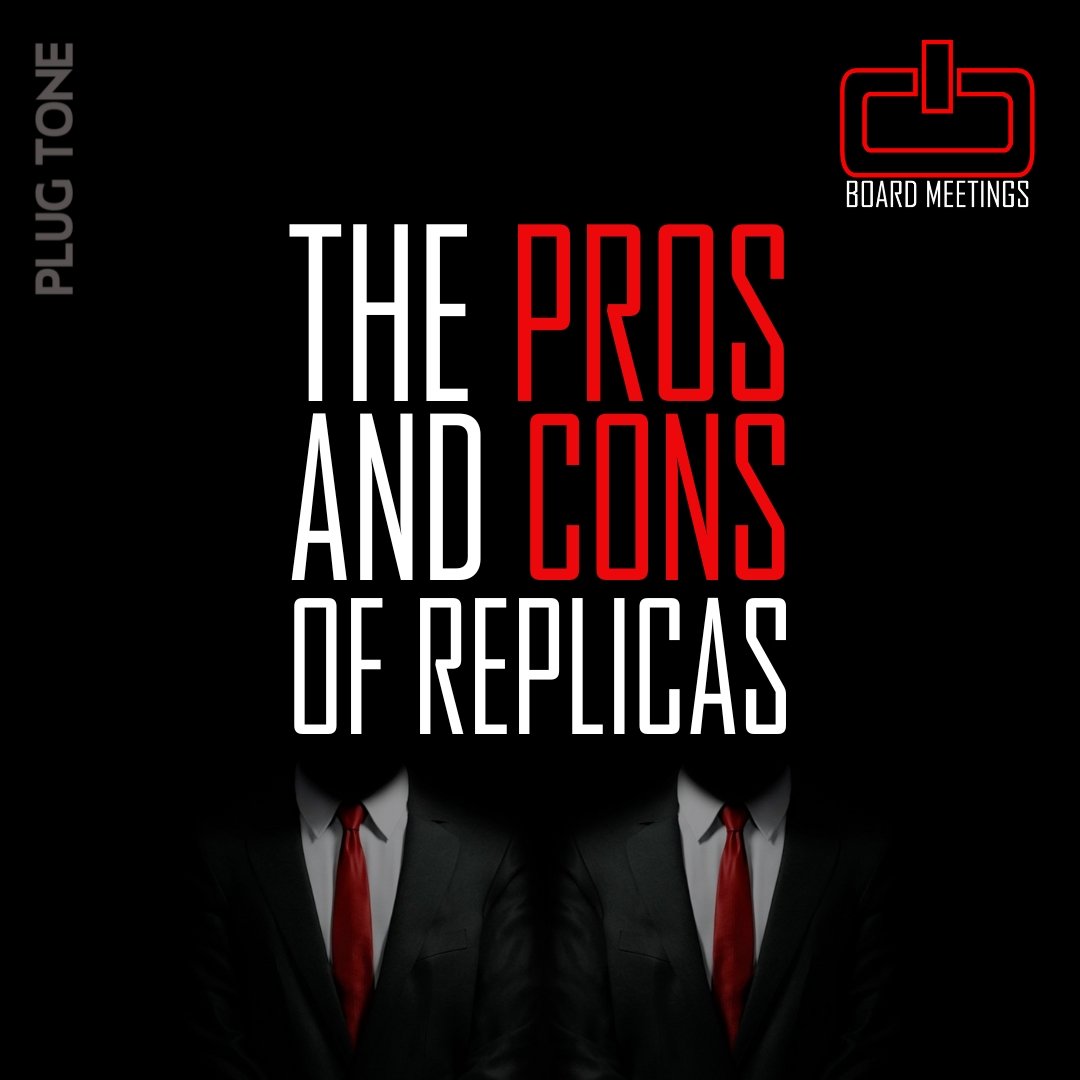


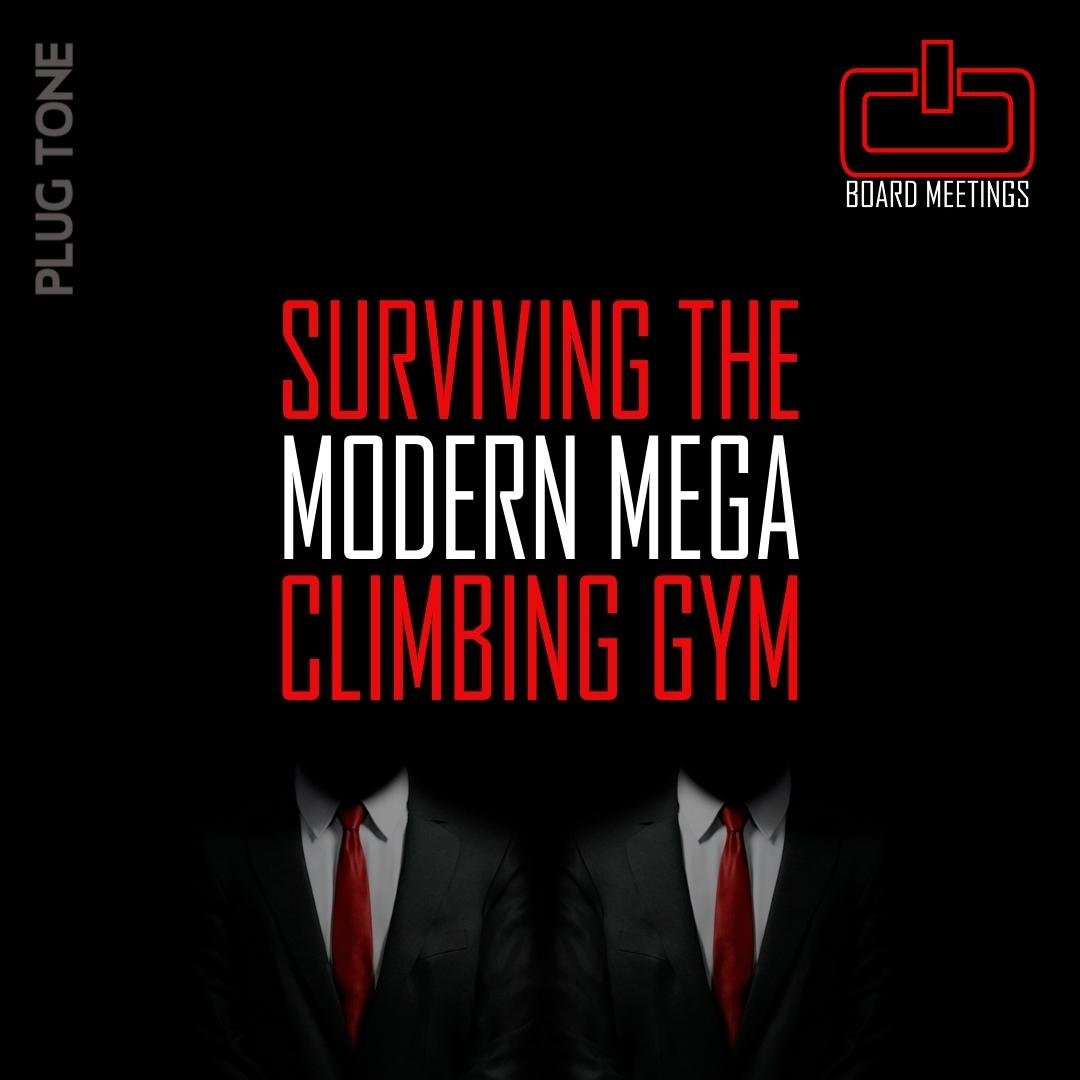


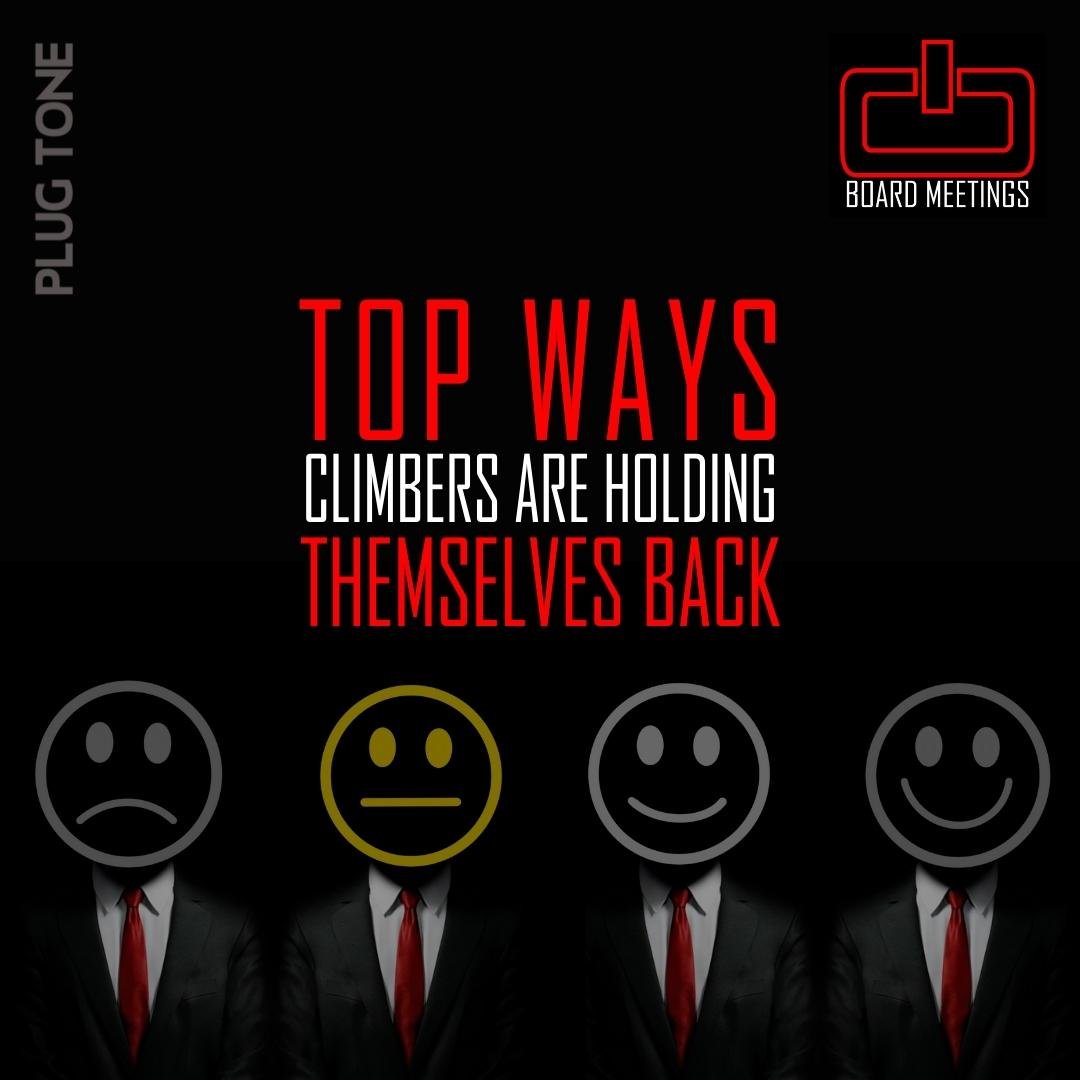



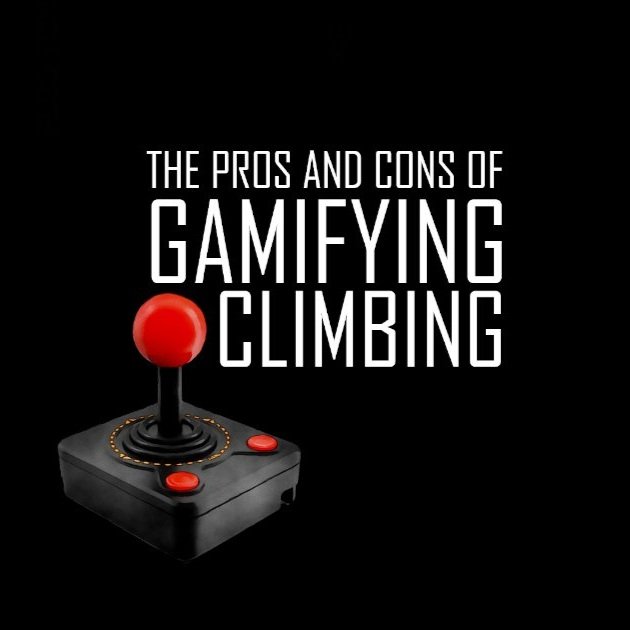

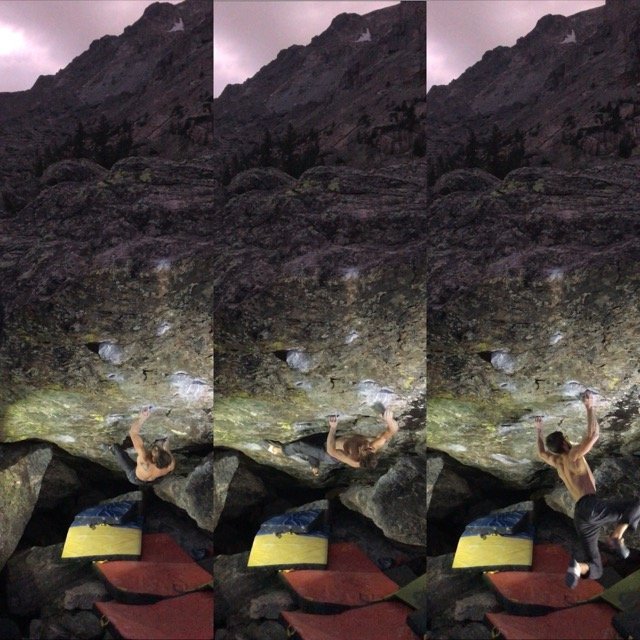




How do you know which is right for your situation?